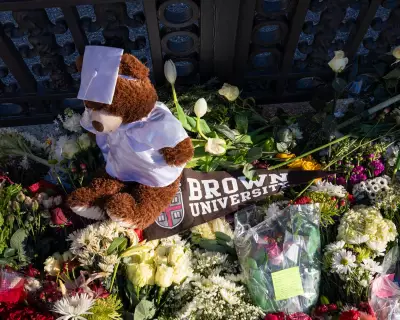
A stark investigation has uncovered a deepening crisis within the hallowed halls of Oxford University, where an increasing number of academics and research staff are being forced to rely on food banks and charitable handouts to make ends meet.
The shocking reality, hidden behind the world-renowned institution's prestigious facade, points to a systemic issue of poverty-level wages for vital research and teaching staff. Many are struggling with the soaring cost of living, despite working at one of the UK's most elite universities.
The Harsh Reality for Research Staff
Interviews with staff and union representatives paint a grim picture. Many early-career researchers and academics are on short-term, insecure contracts that pay barely enough to cover Oxford's exorbitant rental costs. With wages swallowed by rent and bills, everyday essentials become unaffordable.
The university's own staff hardship fund, as well as local food banks, have become a lifeline for those who educate Oxford's students and drive its groundbreaking research. This reliance on charity highlights a severe disconnect between the university's multi-billion-pound endowment and the wellbeing of its workforce.
A System-Wide Failure
This is not an isolated issue affecting a few individuals. Trade unions representing university staff report that the problem is widespread and worsening amidst the ongoing cost-of-living crisis. The situation at Oxford is a microcosm of a larger national problem within the UK's higher education sector, where precarious contracts and low pay for early-career academics have become the norm.
The revelation raises serious questions about the sustainability of the current funding model for research and the moral responsibility of wealthy institutions to ensure their staff can live with dignity.
Calls for Action
There are growing calls for Oxford University to address this internal crisis immediately. Critics argue that an institution of its wealth and stature has both a financial and ethical obligation to ensure all its staff receive a liveable wage, protecting them from the indignity of needing charitable aid to eat and heat their homes.





